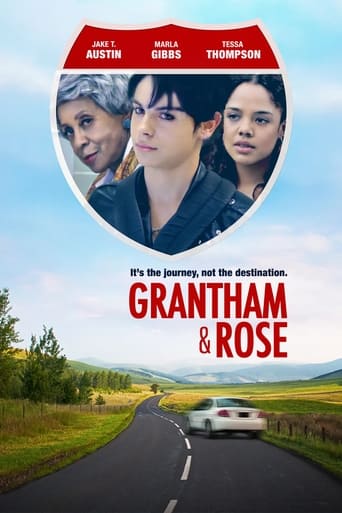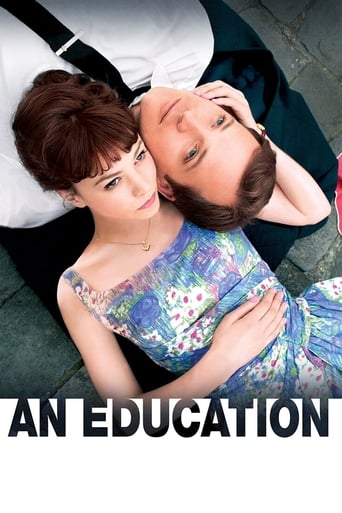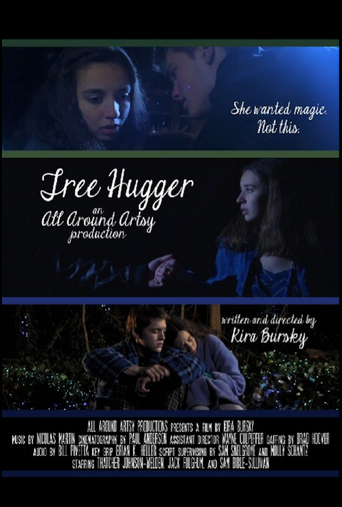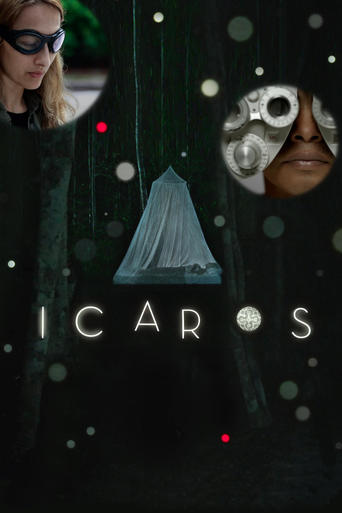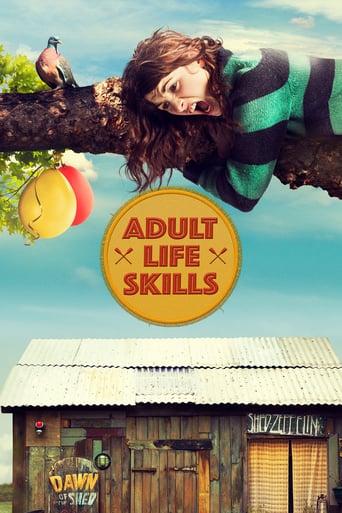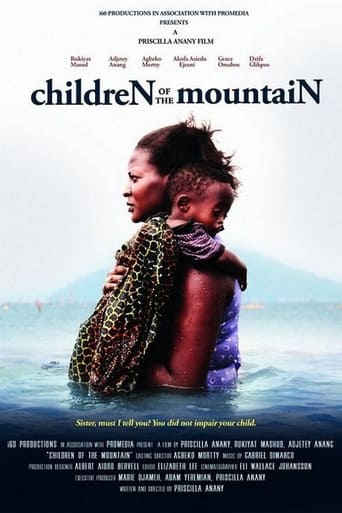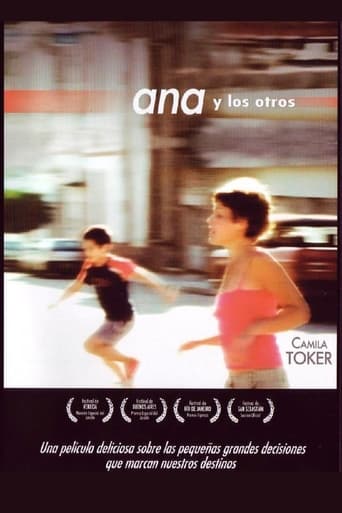
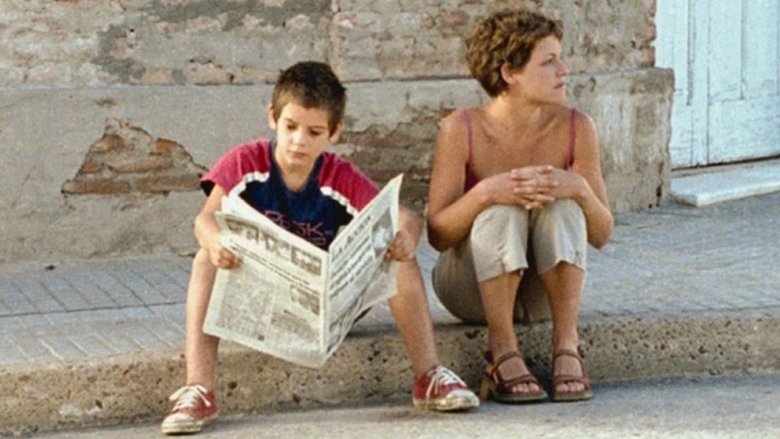
Ana and the Others (2006)
Twenty-something Ana, now living in Buenos Aires, returns to her native city of Paraná. She meets old school mates, old friends, makes new ones, and starts to rethink her life, and perhaps change her future.
Watch Trailer
Cast


Similar titles
Reviews
Purely Joyful Movie!
Beautiful, moving film.
a film so unique, intoxicating and bizarre that it not only demands another viewing, but is also forgivable as a satirical comedy where the jokes eventually take the back seat.
Watching it is like watching the spectacle of a class clown at their best: you laugh at their jokes, instigate their defiance, and "ooooh" when they get in trouble.
Ana y los Otros is the first feature film of Celina Murga, who previously acted as assistant director to Damian Szifron (Los Simuladores). And what a great debut it is. The film's first half is slow and a character study. Mostly random encounters of Anna and previous people that knew her in her life, as she returns to her native city. Yet, in each encounter, we learn a little bit more about Anna, without her whole life story ever been told. We are never told why she's back in Parana, but the film lets the spectator begin guessing. This first half of the first film is pretty depressing as the feeling of displacement and awkwardness is prevalent and may easily turn viewers away. But, it is during her dancing that the movie begins shifting its depressing mood. Suddenly, all the pieces come together, as Anna goes on her final quest. It is the last 30 minutes of the film that, with great subtlety, Murga teaches about love and optimism. What had seemed random shots done by a student director, shows us a brilliant person who has seen a lot of cinema and loves it with a passion. Highly recommended. It may indeed be the birth of a great new Argentinian director.
I'm not saying this movie is bad, just a waste of celluloid...I mean an hour and 16 minutes of this never-ending nothing...what's up with this, I don't know maybe there was a hidden meaningful plot I missed,I don't think so though.horrible acting and direction..my birthday party video was better acted than this..and what about the story :ridiculously boring and meaningfulnothing ever happens, the movie doesn't even starts and out of the blue is over and nothing happened. I don't think I'm being hard with this peace of C*** on the contrary I think I'm being kind just for posting a comment about it.please watch this film and you will know what I'm talking about.
This is the worst movie I have seen in a long time. It is slow, irrelevant and says absolutely nothing. You have to be a magician to extract any meaning or relationship to the crisis the country has endured and is still enduring. The photography is awful, almost as if shot by an amateur using a hand held camera. We watch the central character walk and walk and walk and wonder where is she going. The dialog is trivial to say the least. The only saving grace is perhaps the cute little scene between Ana and a little boy towards the end of the film. But it's too late by then. Whe the movie finally ended, the audience reacted with a sigh of relief.
This is an excellent film in many ways. The lead actress is superb in her portrayal as Ana. One really feels that one is observing her life, like in a reality show. This is something new and young Argentine directors have been doing for some years, embedding their films with uncommon (though often slow to most viewers) realism, reminiscent of Iranian films.The downward spiral in Ana's life, and the search for her past, now that the capital Buenos Aires is no longer the land of opportunity, is a perfect mirror of what is happening to Argentina's "educated" youth and "former" middle class as a whole. After all, the country's middle class (70% of the population in the 1980s) now represents less than 30% of the population. And this film and its characters convey this decadence without preaching, assigning blame, playing politics, or stereotypical characters.Nor does the film resort to the excesses and shock value of similarly themed European films about the plight of young Eastern Europeans, as seen in British, French, German, Swedish and Polish movies these past few years.Yes, the film is of particular interest here in South America. There were great crises in the 90s, but few people recognize and document the Argentinian one, arguably the most drastic and dramatic one of them all. Russia, Indonesia, Turkey and Mexico made big news. But none of these countries was ever among the world's richest per capita during the last century, nor did any of them ever have a huge, predominant capitalist middle class, where young people always had good expectations for their future.Anyway, people in Europe or Asia may think the situation presented in this film is a splice of life from their own countries. But that's not really the case. This film shows these differences. There are no refugees here. It's the native born people like ANA who previously were the vast majority of the population who have a very uncertain future.A good companion movie to this one is HOY Y MAÑANA (TODAY AND TOMORROW), a more hard core and brutal account of what a young college student becomes in today's Buenos Aires. If you enjoy ANA Y LOS OTROS, I definitely recommend HOY Y MAÑANA. They sometimes play in the same film festival together. Here, one played in Rio and the other in S. Paulo.So, you can see them both, and get two different angles of the troubles Argentina's youth are facing, while also seeing two excellent films from a country which has been producing a great deal of quality cinema in the last 6 years or so, in spite of the terrible economic crisis. Check these films out. They're worthwhile, fresh, and different.



